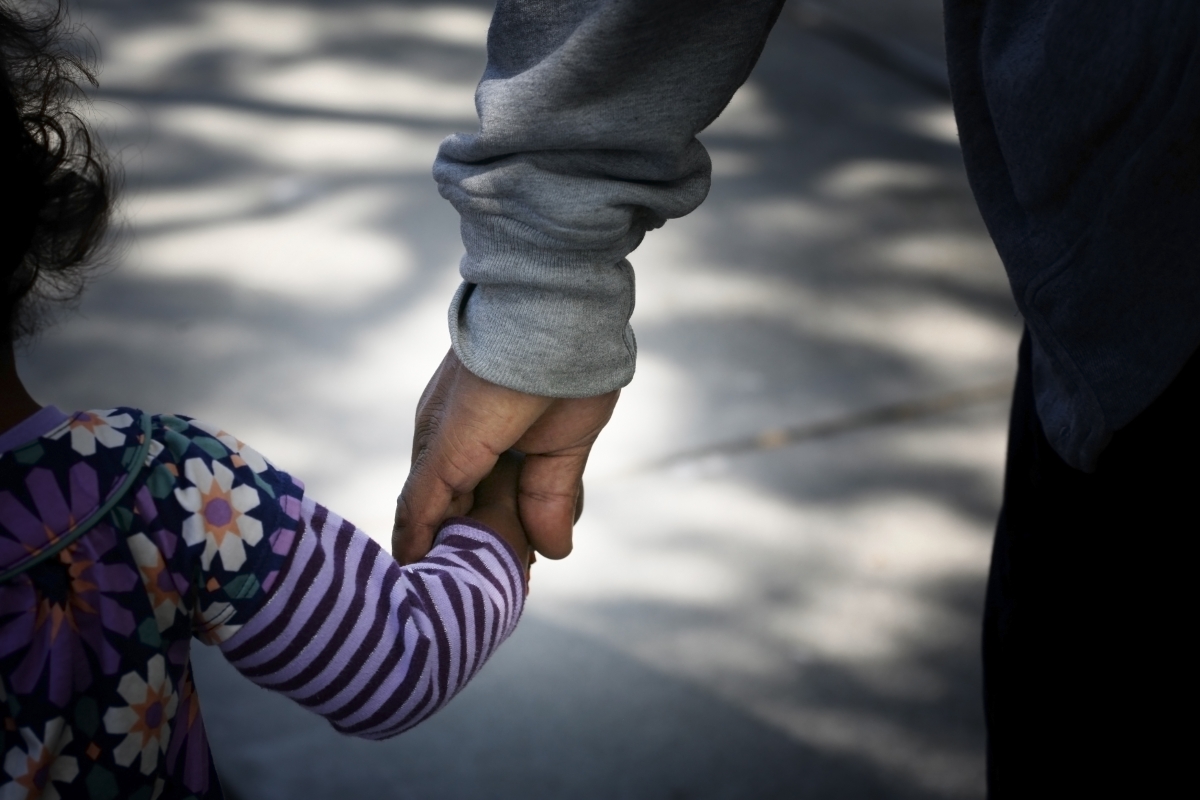Philadelphia’s Soda Tax Means More Children in High-Quality Pre-K
Last week, Philadelphia became the first major city in America to impose a tax on soda. Starting January 1, 2017, all sugary and diet beverages will be taxed 1.5 cents per ounce. Mayor Jim Kenney estimates that the tax will produce over $90 million in yearly revenue, which the city plans to spend mostly on pre-k, community schools, and recreation centers. Specifically, $210 million will be allocated over five years to increase access to high-quality preschool by improving the quality of existing programs and adding slots to established programs. In the city with the highest deep poverty rate among the country’s largest cities, this added revenue can make a real difference for low-income families by giving their children a strong start.
Philadelphia’s prioritization of pre-k is long overdue. Of the city’s 32,000 three- and four-year-olds in families with incomes at or below 300 percent of poverty, less than half (46 percent)—approximately 15,000 children–are in high-quality, publicly funded pre-k programs, leaving over 17,000 children without access to such programs.
The city has had to address this unmet need because the state has not provided sufficient support for pre-k. In 2015, the entire state of Pennsylvania spent around $146.6 million on pre-k programs, which served only 8.9 percent of the state’s three- and four-year-olds. There has not been adequate action on pre-k at the federal level either. Pennsylvania Senator Bob Casey introduced a pre-k amendment to the Elementary and Secondary Education Act last year to fund universal pre-k—a measure that was modeled on a proposal by President Obama—but it did not move forward. With insufficient state and federal support for preschool programs, cities like Philadelphia need to find creative ways to fill these gaps.
The added revenue from Philly’s new soda tax can help fund services for many of the children who currently lack access to early education. With the city estimating a cost for full-day, high-quality pre-k of about $14,000 per pupil per year, the boost in funding will allow thousands of additional children to benefit from pre-k each year.
While Philly’s new law is a step in the right direction for children’s health and early education, there are a few legitimate concerns about the sustainability of the soda tax as a funding source for pre-k. The two main goals of the soda tax are to prevent people from drinking unhealthy beverages and to fund pre-k, but if the city makes progress in the first goal—if people reduce their purchases of sugary drinks—then there will be gradually less tax revenue available for the second goal of supporting pre-k. Although the tax might be an effective funding measure in the short-term, lawmakers may need to provide alternative funding to maintain expanded pre-k programs in the long-run.
Furthermore, the new law does not specify exactly how the funds raised through the soda tax will be allocated among various purposes, so there is still a chance that the government’s plans could change. Supporters of early education will have to continue their advocacy efforts to ensure a substantial proportion of the funds are indeed used for preschool. Some have also expressed concerns that the tax burden will fall disproportionately on low-income individuals, who devote a larger share of their incomes to food and beverages than do higher-income individuals.
The soda tax is by no means a solution to the systemic lack of funding for early education programs, but it is a start and has certainly helped shine a spotlight on the importance of these programs. Federal and state policy makers now need to follow the lead of cities like Philadelphia—as well as the District of Columbia, New York City, San Antonio, and Seattle— that have invested in greatly expanding access to high-quality early education, recognizing its value to their children, families, and communities.




